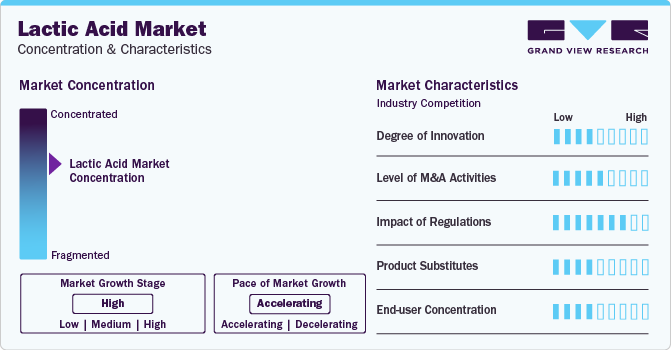The global hormone replacement therapy (HRT) market is on the rise, projected to reach a value of USD 21.28 billion in 2022 and is expected to grow at a steady 6.6% CAGR from 2023 to 2030. This growth is primarily driven by the increasing prevalence of target diseases and the availability of long-lasting hGH products.
Thyroid disorders, for instance, affect a significant portion of the population. According to the American Thyroid Association, approximately 12% of the U.S. population is likely to experience thyroid issues in their lifetime, with around 20 million U.S. citizens currently living with some form of thyroid disease.
Gather more insights about the market drivers, restrains and growth of the Hormone Replacement Therapy Market
Moreover, recent studies have indicated a potential link between hormone replacement therapy and reduced risk of COVID-19 infection and mortality. A study conducted by the Oxford-Royal College of General Practitioners Research and Surveillance Centre analyzed 1.8 million medical records and found that women undergoing estrogen therapy (a form of HRT) exhibited a 78% lower risk of COVID-19 infection and mortality compared to those not on HRT. Interestingly, men, who tend to experience more severe COVID-19 infections, hospitalization, and mortality rates, might also benefit from similar therapies.
The increasing involvement of key players in the development of innovative therapies is further fueling market growth. A prime example is Ascendis Pharma A/S, which secured European Commission's market authorization in January 2022 for SKYTROFA, a groundbreaking once-weekly treatment for growth hormone deficiency in pediatric patients. This new product represents a significant advancement in the field of HRT.
Route Of Administration Segmentation Insights
Based on the route of administration, the HRT market is segmented into oral, parenteral, transdermal, and others. In 2022, the oral segment held the largest market share of 42.48%. This dominance is attributed to the high prescription rate and ease of administration associated with oral HRT products, which primarily consist of pills and tablets.
The parenteral segment is projected to experience significant growth during the forecast period. Advancements in drug delivery technologies, particularly the development of pen-based drug delivery systems, are expected to enhance patient compliance and simplify administration, thereby driving segment growth. Popular examples of pen-based products include Genotropin Mixer Pen, Norditropin FlexPro Pen, and Humatrope HumatroPen.
Furthermore, the introduction of new long-acting growth hormone injections is anticipated to contribute to the growth of the parenteral segment. In January 2022, Pfizer, Inc. and OPKO Health, Inc. received approval from the Japanese Ministry of Health, Labour and Welfare for the commercialization of NGENLA, a next-generation long-acting growth hormone injection that requires administration only once a week. This reduced dosing frequency is expected to improve patient convenience and adherence to treatment regimens.
Order a free sample PDF of the Hormone Replacement Therapy Market Intelligence Study, published by Grand View Research.
